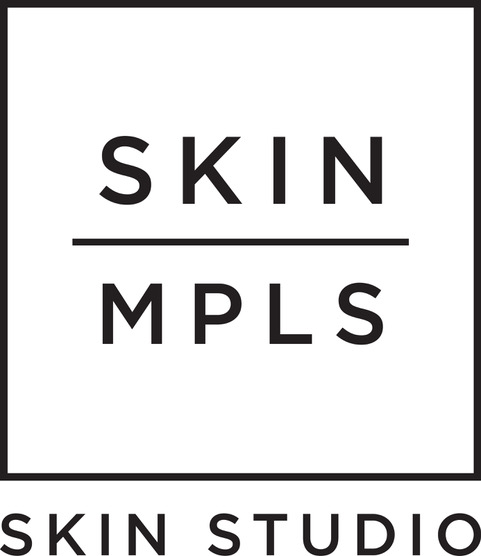It’s Not Your Skin, It's You… How to Break Up With Problem Skin
Over and over again, we see people trapped in unhealthy relationships with their skin. One of the biggest reasons for these failing skinships is a false belief that when it comes to their type of skin, they think it is sensitive. Well, sensitive skin is certainly not our type and it shouldn’t be yours either. Sensitive skin is not actually a skin type at all! It’s a condition – and sorry to say, it usually is self-induced. If you find yourself keeping your guard up and putting your skin down, it’s most likely one of these things that are actually to blame.
You have acne
If you use a product and you have a “reaction” and your reaction is a pimple, that means you have acne, not sensitive skin. Pore-clogging ingredients are in skincare products more often than not, so if you are not letting an acne professional pick out your skincare – you are most likely using pore cloggers on your skin. Acne comes in many forms and affects the dry, the oily, the young, and the old. Living with acne can definitely make you sensitive… but not your skin.
You have eczema/psoriasis/dermatitis
Skin conditions and allergies are really common and often misdiagnosed. They can cause reactions easily to a lot of ingredients, making you think your skin is sensitive. But really, you just have to treat the condition with the proper regimen or prescription, and then when it’s healed – you can attend to the skin underneath. It will be healthy, strong, and better than ever.
You’re using natural products
This might be the most misunderstood skin belief today – that natural products are better for “sensitive” skin. That is not true, and they can oftentimes even cause you to think your skin is sensitive when it’s not. Our skin has a pH balance that responds best to formulas tested and made in a lab. Essential oils can be irritating, whole food and plant ingredients can grow bacteria, and, oftentimes, “natural” ingredients subbed out for “toxic” ones are just false advertising. For those clients that do have skin allergies, you’ll want to use hypo-allergenic products, and these are always made synthetically in a lab and are less likely to cause reactions than the botanicals in your “natural” skincare.
You’re using drugstore products
Why do dermatologists often recommend drugstore products? They feel like the products are “gentle” so they won’t interfere with any prescriptions their patients may be taking or putting on their skin. At a basic level these products may get part of the job done, but if you have high standards for your skin – you will have to make the jump to better products. But unfortunately, we’ve seen some of these products do more harm than good. Over time, using inexpensive low-quality detergents and waxes on your skin will cause barrier damage looking like sensitive skin. You may not notice the products are to blame because it happens slowly with each use. This is also true for prescription topicals. They may treat skin conditions, but they don’t do any favors to your skin underneath.
You aren’t exfoliating right
If you aren’t getting exfoliation advice from an aesthetician, odds are you are over-exfoliating or under-exfoliating. If you are a self-proclaimed expert and using a slew of products, you are probably overdoing it with the wrong acids and stripping your barrier. You may be using multiple products that do the same thing, low-quality retinols, or too much scrubbing. All of these will cause the skin to be raw and misdiagnosed as sensitive.
On the other hand, if you have a fear of exfoliation, your dead skin will build up often, leaving you dry. You may have compromised skin for a variety of reasons, but you can’t treat it until you remove the affected layers. Don’t fear exfoliation, but do it under professional guidance.
You are prone to redness
Redness can mean a lot of things. It may mean your barrier is stripped due to over-exfoliation or due to internal or environmental factors. It could also be redness from acne lesions or old acne trauma. None of those mean your skin is sensitive, despite what you may think. It just means you need the right regimen to treat your concerns correctly.
You may also just have red undertones in your skin or get flushed easily. You may think that makes your skin sensitive, but there are plenty of people with redness in their skin that can use active ingredients and will benefit from them.
We see our skin differently and often judge harshly, so don’t write off potentially amazing products and facial treatments thinking you are sensitive to them. You deserve a happy, healthy skinship and a glowing complexion. You deserve an aesthetician. Think of it like couples counseling. If you are finding yourself at a dead end with your “sensitive” skin, it may be time to bring in a third party (hello!).
